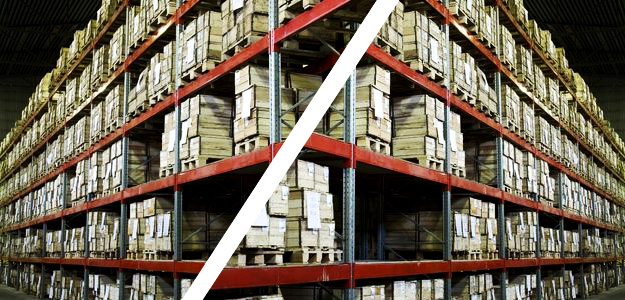 It is an inescapable fact, that no matter how far computing technology advances, there is always the risk of losing your important data. In spite of the fact that so much of our lives now kept in the form of millions of zeros and ones stored on a multitude of data storage devices as well as on the Internet itself, many of us do not take data backup seriously enough. Here are just a few reasons why you should take extra steps to ensure that it is safe:
It is an inescapable fact, that no matter how far computing technology advances, there is always the risk of losing your important data. In spite of the fact that so much of our lives now kept in the form of millions of zeros and ones stored on a multitude of data storage devices as well as on the Internet itself, many of us do not take data backup seriously enough. Here are just a few reasons why you should take extra steps to ensure that it is safe:
Malicious software or a hacker attack can corrupt or delete data entirely, and in some cases, it may even render your computer unusable.
Hardware failures do happen for a multitude of reasons, and such problems can lead to permanently damaged storage devices.
Accidental deletion is one of the most common causes of data loss, and you cannot rely solely on third party data recovery software.
The following takes a look at the three main ways you can back up your data.
Cloud Backup
Cloud backup is usually the safest way to keep your data safe. The cloud refers to the Internet itself and all of the various services which come with it. Cloud computing and storage has now become ubiquitous, with various cloud computing features being integrated into modern operating systems. For example, Windows 8 provides seamless integration with Microsoft SkyDrive. SkyDrive provides free online storage of several gigabytes, although more demanding users can pay for as much additional storage as they require.
The reason why cloud storage often provides the best way to back up your data is that it operates completely independently from your hardware. With most cloud computing services, data is actually stored across multiple servers, so it would likely take a fairly apocalyptic event for it to all suddenly disappear. Even if your house burns down and you lose absolutely everything inside it, anything you have stored in the cloud should be safe. The only major drawback of cloud backup is that you will have limited storage space available without paying extra.
Optical Disks
For many years, the standard way to back up and store large amounts of data was to use optical disks such as CDs or DVDs. While such storage media is nothing like as popular as it once was, due mostly to the rise of cloud computing, it is still an option that you may want to consider for backing up smaller amounts of data. When you buy CDs and DVDs in bulk, they tend to be extremely cheap. You can buy a cake box of one-hundred DVDs for less than £20 in most cases, providing you with almost 500 gigabytes of space.
The problem with optical disks is that they can generally only be written to once. Rewritable optical disks are available, although they are very rare these days, mostly due to the fact that they tend to quickly get less reliable the more you copy data to them. They are not meant to be used like USB flash drives or memory cards. CDs and DVDs are also less reliable, since they need to be kept under specific conditions. This means keeping them in protective cases and far away from any moisture or sunlight.
Hard Drives
The cost per gigabyte of storage is plummeting constantly, and today’s hard drives often run into the terabyte (1,024 gigabyte) territory. This makes hard drives a vastly more practical way to back up your data than any optical disk, flash memory card or USB pen drive. Even the smallest hard drives of around 500 GB cost less than £40, although the most cost-effective ones tend to be between one and two terabytes. You can choose from either internal hard drives or external ones which connect to your computer via a USB, FireWire or eSATA port.
Using an internal hard drive for your primary backup is not advisable for obvious reasons, but external drives are cheaper, larger and easier to use than ever before. The newest external hard drives also use the ultra-fast USB 3.0 connectivity. For those with very high data backup requirements, another option to consider is a NAS (network attached storage) system. These storage devices are connected to your home or office network for quick and convenient access to the data stored on them.